The Benefits of Dental Crowns: Protecting and Restoring Decayed Teeth
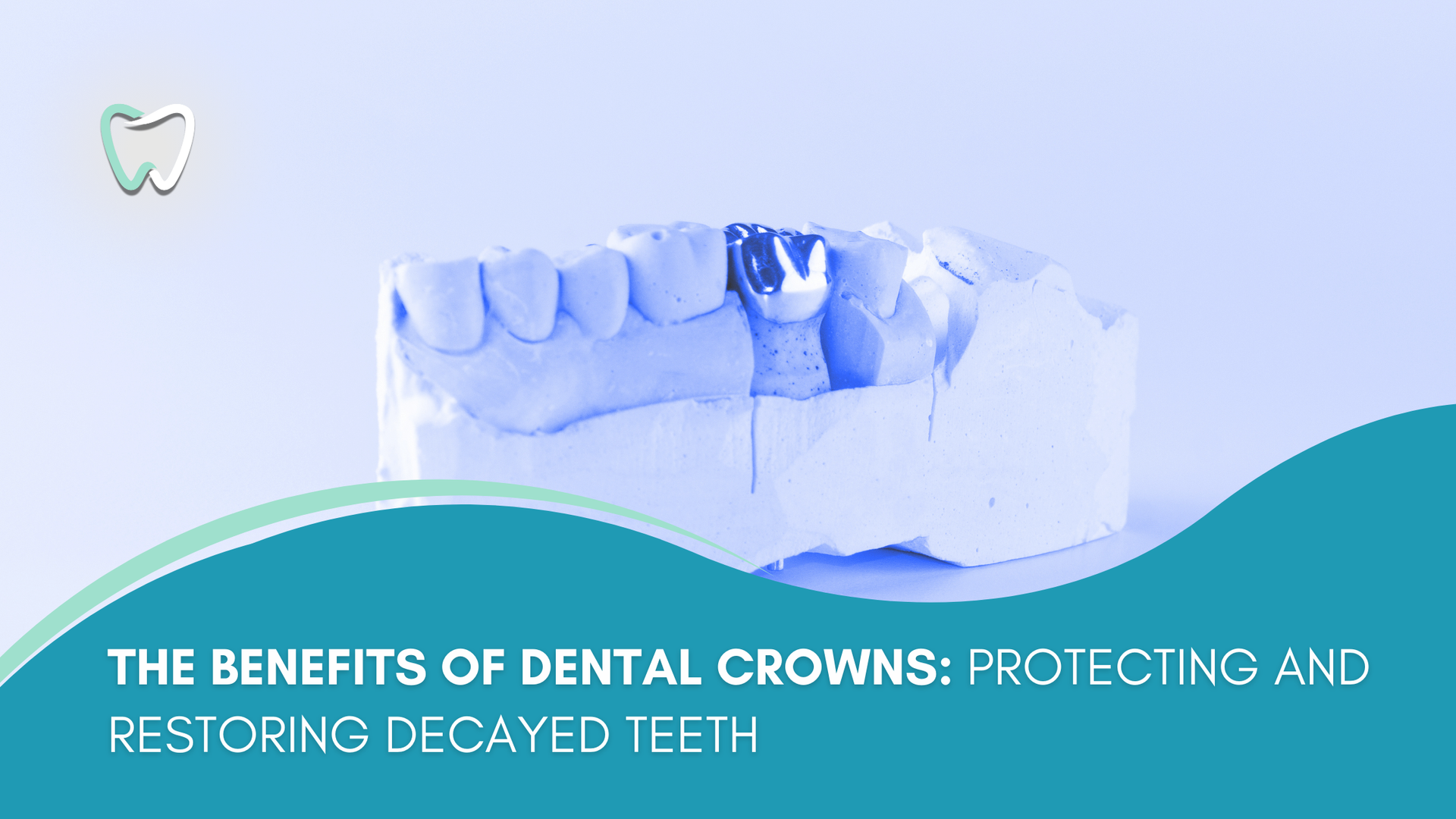
Source: Dr. Marketing
Tooth decay is one of the most common dental problems that people face, often leading to discomfort, difficulty eating, and changes in appearance. Fortunately, modern dental treatments like dental crowns offer a reliable way to restore teeth that have been damaged by decay. In this post, we'll explore the causes of tooth decay, how it affects your smile, and how dental crowns can help restore both the function and appearance of your teeth.
What Causes Tooth Decay?

Tooth decay, also known as dental caries or cavities, occurs when the enamel (the hard, outer layer of the tooth) breaks down due to acid produced by bacteria in the mouth. This acid forms when sugars from food and drink interact with plaque on the surface of the teeth. Over time, the acid can erode the enamel, creating holes or cavities in the teeth.
Common Causes of Tooth Decay
- Poor Oral Hygiene: Inadequate brushing and flossing allow plaque to build up on teeth, leading to acid production and enamel erosion.
- Sugary Foods and Drinks: Consuming sugary snacks and beverages frequently provides food for bacteria, which produce more acid and accelerate decay.
- Acidic Foods and Drinks: Acidic items like soda, citrus fruits, and vinegar-based foods can weaken enamel directly.
- Dry Mouth: Saliva helps neutralize acids in the mouth and wash away food particles. A lack of saliva can increase the risk of decay.
- Skipping Regular Dental Checkups: Without routine dental exams and cleanings, early signs of tooth decay can go unnoticed, leading to more serious damage.
How Tooth Decay Affects Your Smile
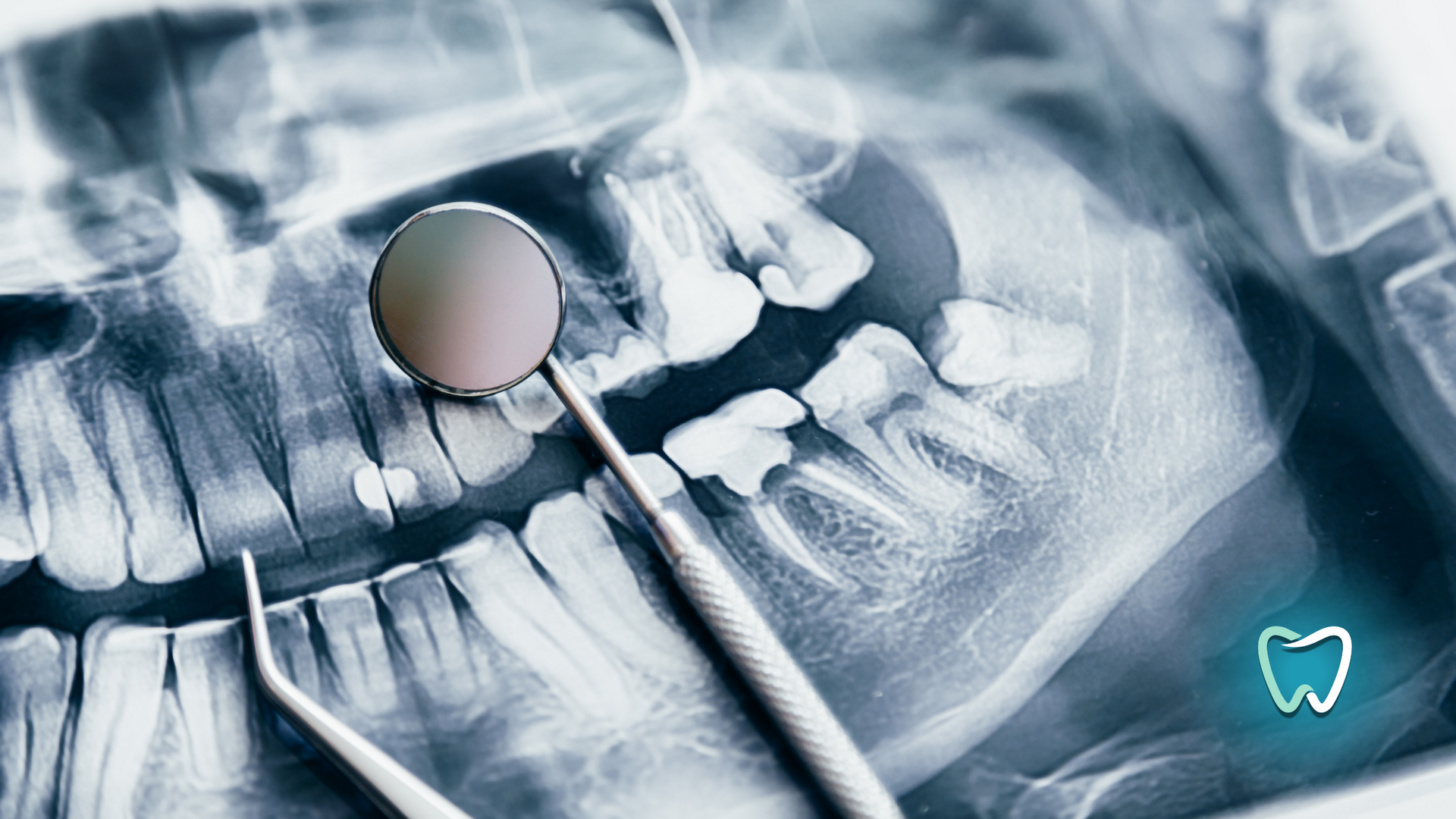
If left untreated, tooth decay can lead to more severe dental issues beyond just cavities. As the decay progresses, it can cause significant damage to the structure of the tooth, resulting in pain, sensitivity to hot or cold, and discomfort when chewing. In some cases, the decay may reach the inner pulp of the tooth, causing infections that require more extensive treatments like root canals. Severe decay can weaken the tooth to the point where extraction may be necessary. Additionally, cavities and decay can alter the appearance of your teeth, making them look discolored, misshapen, or worn down. Tooth decay not only affects your oral health but can also impact your confidence and smile aesthetics, making dental crowns an essential solution for restoration.
What Are Dental Crowns?

A dental crown, sometimes called a “cap,” is a tooth-shaped restoration that is placed over a damaged or decayed tooth to restore its shape, size, strength, and appearance. Crowns are typically made from materials like porcelain, ceramic, metal, or a combination of these, and are custom-designed to match the natural color and shape of your teeth.
How Dental Crowns Help Restore Damaged Teeth
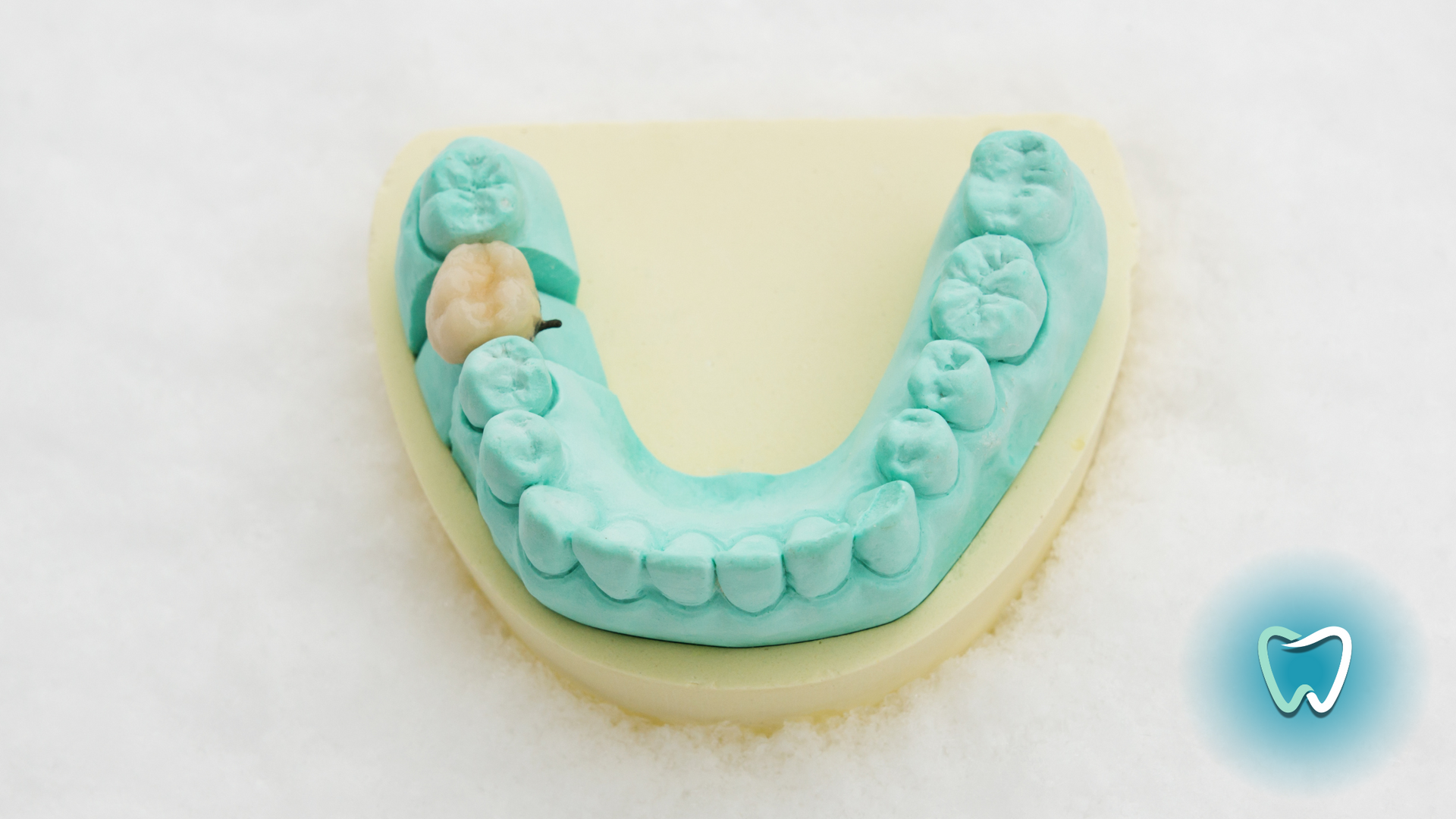
Dental crowns are one of the most effective solutions for restoring teeth that have been severely affected by decay. Here’s how they work and how they can improve both function and appearance:
Protection for Weakened Teeth
When a tooth has been weakened by decay, it becomes more susceptible to further damage, such as cracking or breaking. A dental crown encases the entire visible portion of the tooth, protecting it from external forces like chewing or grinding, which could cause additional harm.
Restoring Tooth Function
Decay can significantly weaken a tooth, making it difficult or painful to bite and chew. Dental crowns restore the tooth's strength, allowing you to eat and speak comfortably without worrying about the tooth breaking down further.
Preventing Further
Decay After the decayed portion of the tooth is removed, placing a crown helps seal the tooth, preventing bacteria from re-entering and causing more decay. This helps preserve the tooth and maintain your oral health in the long term.
Improving Aesthetics
Decayed teeth can become discolored, chipped, or misshapen, affecting the appearance of your smile. Dental crowns are custom-made to blend seamlessly with your natural teeth, restoring a beautiful, healthy look to your smile. Porcelain or ceramic crowns, in particular, offer excellent color-matching capabilities, ensuring the crown looks just like a natural tooth.
Durability and Longevity
Dental crowns are highly durable and can last for many years with proper care. This makes them a reliable, long-term solution for restoring damaged teeth. Whether you need a single crown or multiple crowns, this treatment can protect your teeth and preserve your smile for years to come.
The Dental Crown Procedure: What to Expect
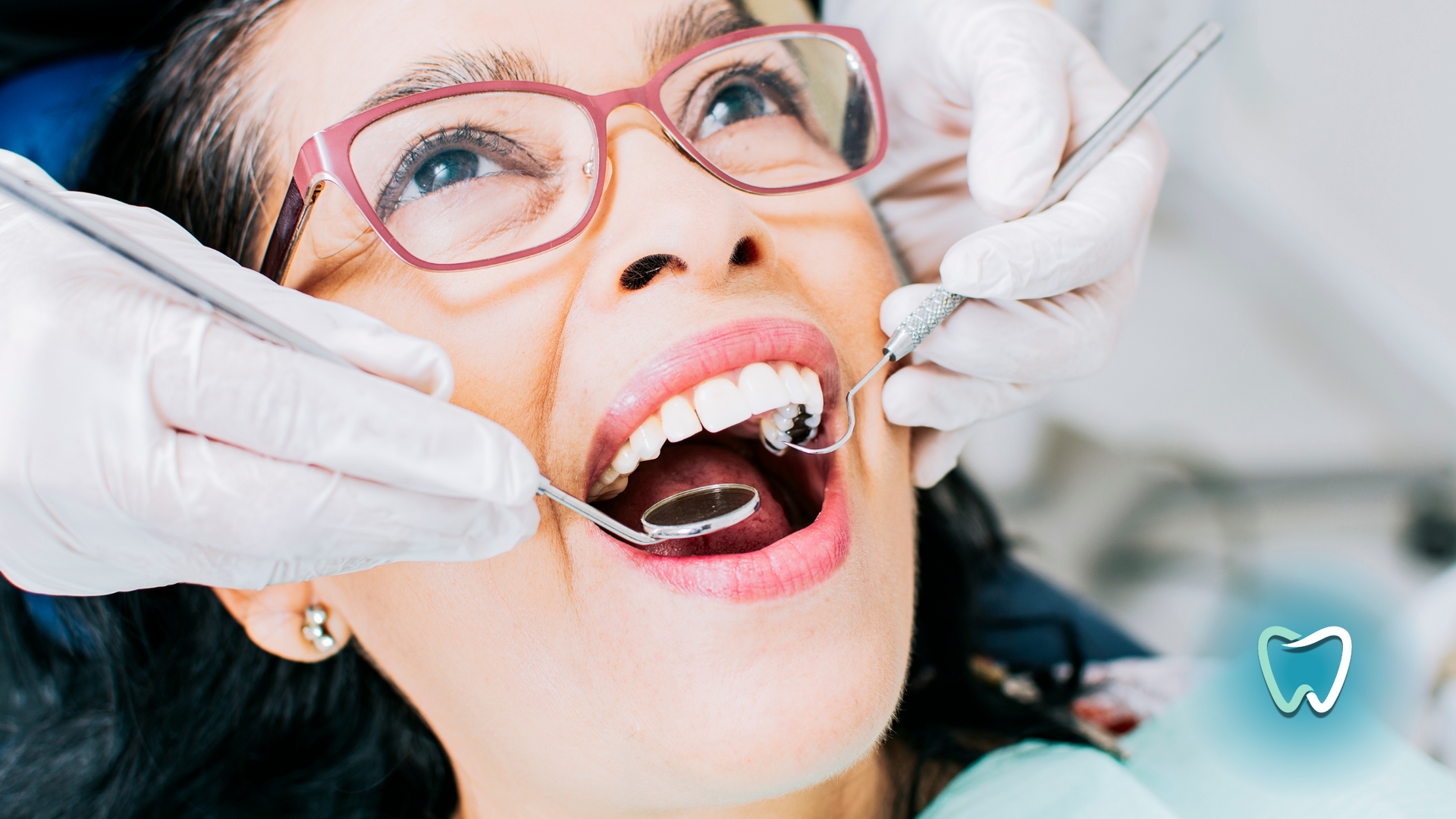
Getting a dental crown typically involves two visits to our dentist. Here’s a breakdown of the process:
- Initial Examination and Tooth Preparation: During the first visit, your dentist will examine the tooth and surrounding area to assess the extent of the decay or damage. If a crown is recommended, the decayed portion of the tooth will be removed, and the tooth will be reshaped to create a solid foundation for the crown. If a significant portion of the tooth is missing, our dentist may use a filling material to build up the tooth and ensure the crown fits securely.
- Taking Impressions: Once the tooth is prepared, an impression or digital scan of the tooth will be taken. This impression is sent to a dental lab, where your custom crown will be created to match the shape, size, and color of your natural teeth. In the meantime, a temporary crown will be placed over the prepared tooth to protect it.
- Crown Placement: At your following visit, the temporary crown is removed, and the permanent crown is carefully placed and bonded to your tooth. Our dentist will ensure the fit is perfect, and your bite feels comfortable. Once in place, the crown will blend seamlessly with your natural teeth, restoring your smile both functionally and aesthetically.
Caring for Your Dental Crowns
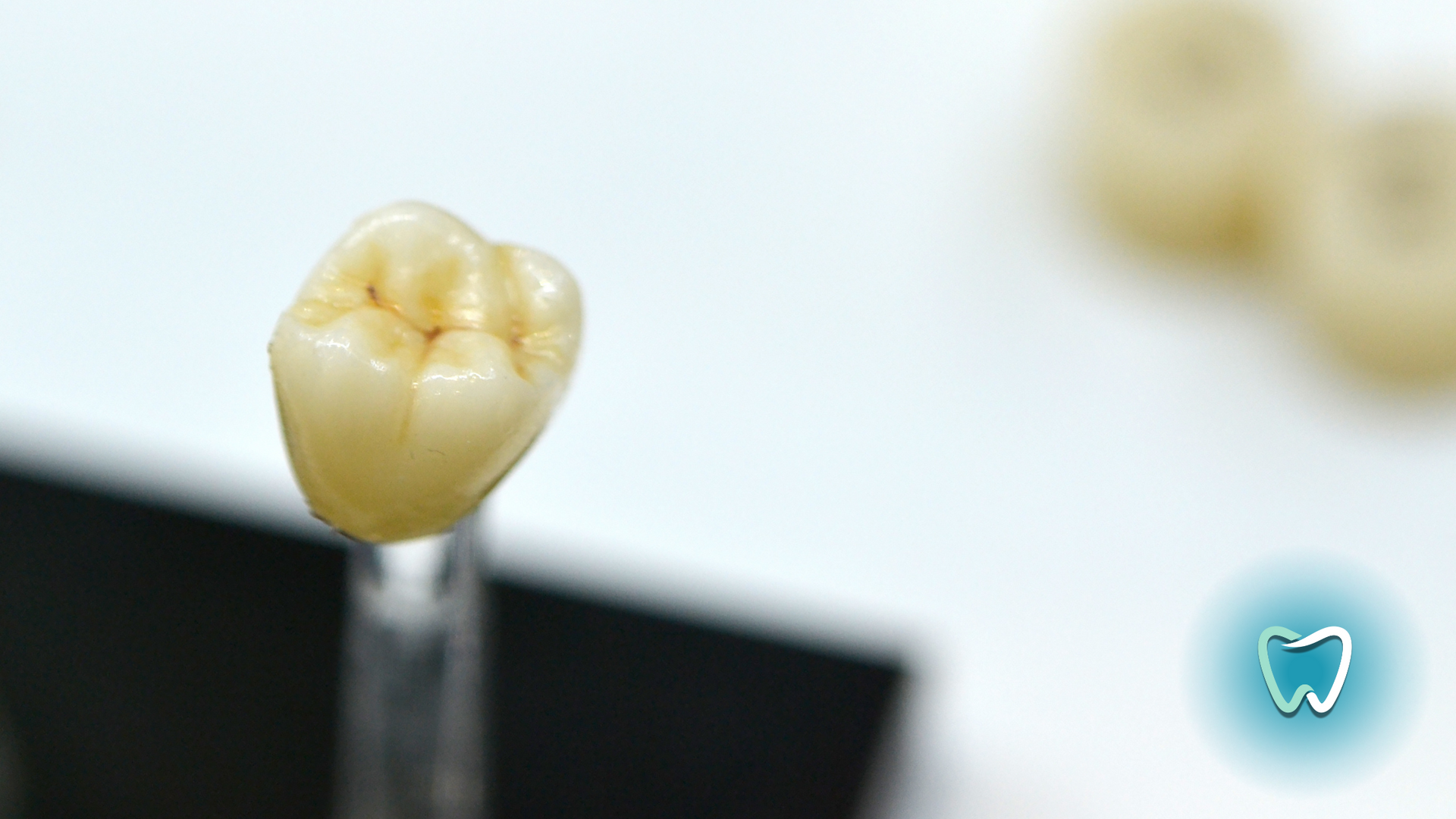
Taking care of your dental crown is similar to caring for your natural teeth. Proper oral hygiene will ensure that your crown remains in excellent condition and lasts for many years.
- Brush and Floss Daily: Brush your teeth twice a day and floss daily to prevent plaque buildup around the crown and protect the surrounding teeth.
- Avoid Hard or Sticky Foods: While crowns are durable, it’s a good idea to avoid biting down on hard foods like ice or sticky candies that could dislodge or damage the crown.
- Visit Our Dentist in Oshawa Regularly: Regular dental checkups will allow our dentist to monitor the condition of your crown and ensure that your overall oral health is maintained.
A Stronger Smile with Dental Crowns

Tooth decay can cause serious damage to your teeth, but dental crowns offer an effective solution to restore both function and appearance. Whether you are dealing with a decayed, cracked, or weakened tooth, crowns provide the protection and strength needed to preserve your smile.
At T Smiles Dental, we specialize in smile restoration treatments like dental crowns. If you are experiencing tooth decay or think you may need a crown, contact us today at (905) 404-8555 or request an appointment online.
Let’s work together to restore your smile to its full potential!



